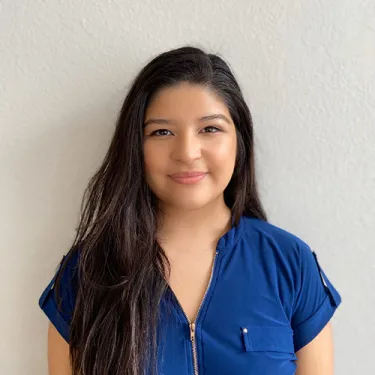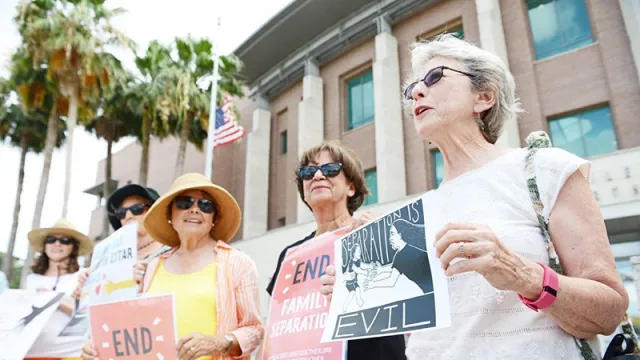Edith Cuevas ’21

The summer before my senior year and on track to major in sociology and Latin American studies, I had the opportunity to work with a nonprofit organization known as The Angry Tias and Abuelas of the Rio Grande Valley, based in my home region. This group of women provide emergency assistance to asylum seekers at ports of entry and bus stations along the U.S.-Mexico border, as well as in select immigrant shelters in Matamoros and Reynosa. More specficially, they offer food, water, clothing, toiletries and logistical support, along with transportation and cash funds when needed to those waiting to seek asylum at the bridges and those recently released from ICE custody.
The project I worked on was a database of organizations and agencies that provide resources to asylum seekers settling across the U.S. in urgent need of legal, food, clothing, housing, shelter, employment, medical and mental health assistance. Growing up, I valued the connections I made while assisting the various communities I have been a part of—from helping other low-income Latinx students such as myself while in high school, to organizing with the immigrants and children of immigrants of the Rio Grande Valley to speak out against the injustices they face every day, to amplifying our voices on matters pertaining to border issues.
“I realized at a young age that my passion was helping others.”
I realized at a young age that my passion was helping others. Before while working with organizations such as these, however, I was unable to specify the context of my passion. It turned out that nonprofit work allows me to do just that while putting my community building and networking skills to use and informing my studies, since this work pertains to Latin America and focuses on social processes.

The Angry Tias and Abuelas of the Rio Grande Valley, a collective of women whose mission is to help individuals and families seeking asylum along the U.S.-Mexico border.